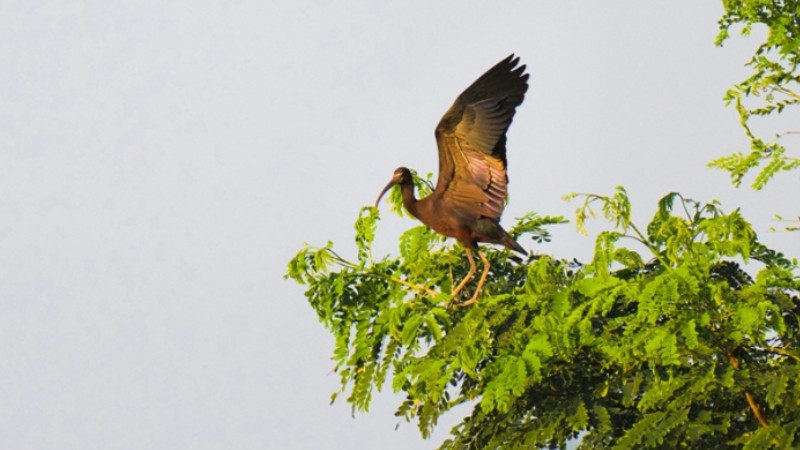Chinese traders expected to gradually resume Australian barley imports
Chinese traders are ready to resume Australian barley imports, after China's Ministry of Commerce (MOFCOM) announced an end to anti-dumping and countervailing duties on the crop from Saturday, industry sources told the Global Times.
The change was a fresh response to the changing market situation and reflected bilateral efforts to get the two nations' trade ties back on normal track, experts said.
The MOFCOM said in a statement on Friday that it is no longer necessary to continue collecting duties on imports of barley originating in Australia, in view of changes in the Chinese barley market.
A manager with a large Chinese grain trading company told the Global Times on Sunday on condition of anonymity that the company noticed the policy change, and will gradually resume imports.
The company mainly imports Australian barley to sell to domestic beer breweries.
Due to the temporary halt in Australian barley imports, the company sought alternative supplies, such as from France and the Black Sea region, which are major barley producing areas.
"However, Australian barley has a competitive advantage due to its lower price and shorter transportation distance, so imports will gradually pick up," the manager said.
Another domestic trader told the Global Times on Sunday that the company had stopped importing Australian barley in favor of Canadian barley, which is cheaper and of equally good quality.
"We have a considerable amount of Canadian barley in our warehouse at the moment and may only consider resuming imports of Australian barley after the inventories are used up," the trader said
Barley, as a cereal crop, is mainly used for beer brewing and producing animal feed in China. Australia was China's largest source of barley in 2019.
In May 2020, the MOFCOM imposed a 73.6 percent anti-dumping duty and a 6.9 percent countervailing duty on imported Australian barley for a five-year period. Imports from Australia plunged as a result.
In response to a request from the China Alcoholic Drinks Association in April, the ministry reviewed the need for maintaining the duties. After evaluating the changing conditions in the Chinese barley market, the MOFCOM decided that continued imposition of anti-dumping and countervailing duties on Australian barley imports was no longer necessary.
The decision is anticipated to have a positive impact on China-Australia relations, helping bolster bilateral trade and economic exchanges, expert said.
The development in barley trade came against the backdrop of thawing China-Australia relations as both sides have adopted a more pragmatic and rational approach to address trade frictions, including frank consultation and communication, resulting in the positive outcome, Ning Tuanhui, an assistant research fellow at the China Institute of International Studies, told the Global Times on Sunday.
The restoration of barley trade also indicates the success of the Labor government's strategy in handling relations with China, as it led to the resolution of some trade issues that could not be solved amid soured relations during the previous Morrison administration, Ning said.
In response to China's decision to end the barley duties, Australian Trade Minister Don Farrell said on Friday, "We intend to use this process (barley) as a template for resolving the issue in respect of wine, which is still ongoing... as we seek to resolve all of those outstanding issues."
However, an expert noted that while improving bilateral relations sets a basis for communication and trade problem-solving, it won't instantly solve all trade issues.
"They (the trade issues) involve various technical matters, such as the dumping issue of some Australian goods in China," Ning noted.
Moving forward, the commerce departments of both countries are expected to continue to address the issues at the working level, engaging in step-by-step discussions to resolve the remaining trade issues including wine, Ning said.
Photos
Related Stories
- Beijing and Canberra should go with the grain of their improving relations
- Australia's Queensland renews sister relationship with China's Shanghai
- China-Australia H1 trade up 16.4% amid joint efforts for improved ties
- Wang Yi calls for maintaining, consolidating current good momentum of China-Australia relations
- Australian state premier expects to boost ties with China during visit in September
- Unprecedented China-themed AFL game held in Sydney
- Deals totaling 1.5 bln USD inked between Chinese, Australian companies
- Australian wool industry boosted by demand from Chinese market: Aussie wool enterprise head
- 3 things matter in developing China-Australia relations: Chinese ambassador
- Australian authorities coordinate multinational search for capsized Chinese fishing vessel
Copyright © 2023 People's Daily Online. All Rights Reserved.









